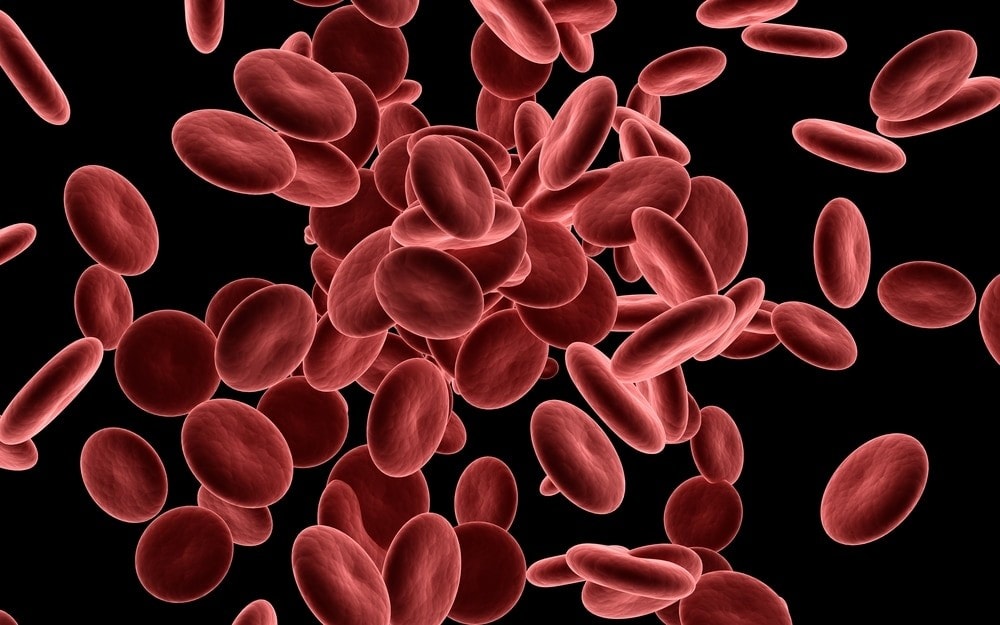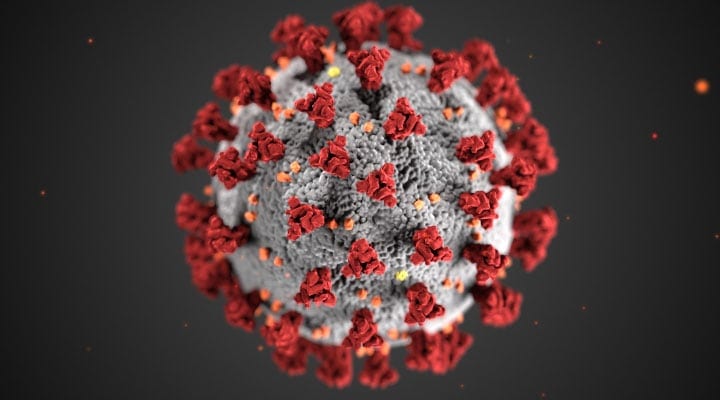Symptoms, Treatment, and Prevention
Blood clots are serious concerns and even more so while you are pregnant. Developing a blood clot while pregnant has additional risks or concerns because of your developing baby, thankfully they are rare and there is little need for concern.
However, there are steps you can take to further minimize your risk of experiencing them while you are pregnant.
What is a Blood Clot?
A blood clot occurs when your body sends cells, called platelets, to block the flow of blood. Normally, this occurs when you have a cut, to keep the injury from bleeding continuously. During pregnancy, your blood is more likely to clot as a safeguard against losing too much blood during labor.
However, a condition known as deep-vein thrombosis (DVT), which happens when blood clots form in the legs and pelvic region, can occur and is linked with a number of serious health concerns. The good news is there are ways to both prevent DVT and to treat it after it occurs.
Also, blood clots affect only 1 or 2 pregnant women out of every 1,000, so there is no need for alarm unless you feel you may be at risk.
What are the Causes of Blood Clots during Pregnancy?
Research has shown a number of possible causes of DVT, and it is important to note whether you fall into any of these categories. Women are most likely to experience a blood clot in their first three months of pregnancy or in the first six weeks after giving birth. If you believe you may be at risk for DVT, be sure to talk to your healthcare provider.
You could be at risk if:
- You or a close relative have experienced DVT before
- You smoke or are exposed to secondhand smoke frequently
- You are over 35 years old
- You are overweight
- You travel long distances while pregnant
- You are expecting multiples
- You are sedentary for long periods of time
- You have a Cesarean section
Women tend to be more sensitive and aware of potential complications while they are pregnant. Although blood clots are unlikely, there are a few signs that can indicate the possibility of a blood clot.
These include:
- Swelling or pain in one leg
- Pain that worsens when you walk
- Veins that look larger than normal
What are the Risks during Pregnancy?
DVT can seriously affect your pregnancy in a number of ways:
- Blood clots in the placenta
- Heart attack
- Stroke
- Pulmonary embolism, which is when blood clots break off and are lodged in the lungs
- Miscarriage
How can you Prevent and Treat Blood Clots?
Prevention of DVT is important and can be achieved by a healthy lifestyle. Staying active is a crucial component in combating DVT, so check with your healthcare provider to see which activities and types of exercises you can do. Regular exercise improves circulation and can keep clots from forming. It is also important to eat healthily, and if you are currently smoking, you should stop immediately. It is important to notify your healthcare provider if you feel you may be at risk of DVT.
If you have been diagnosed with DVT, you will most likely be treated with an anticoagulant, which hinders the blood from clotting as easily.
Want to Know More?
Compiled from the following Resources:
Blood Clotting and Pregnancy. (n.d.). Retrieved August 8, 2014, from https://www.hematology.org/Patients/Clots/Pregnancy.aspx
Preidt, R. (2014, April 2). Some Women at Risk for Blood Clots From Pregnancy. Retrieved August 8, 2014, from https://www.webmd.com/baby/news/20130402/study-pinpoints-women-at-risk-for-blood-clots-from-pregnancy
Blood Clots and Pregnancy. (2014, January 1). Retrieved August 8, 2014, from https://www.marchofdimes.org






